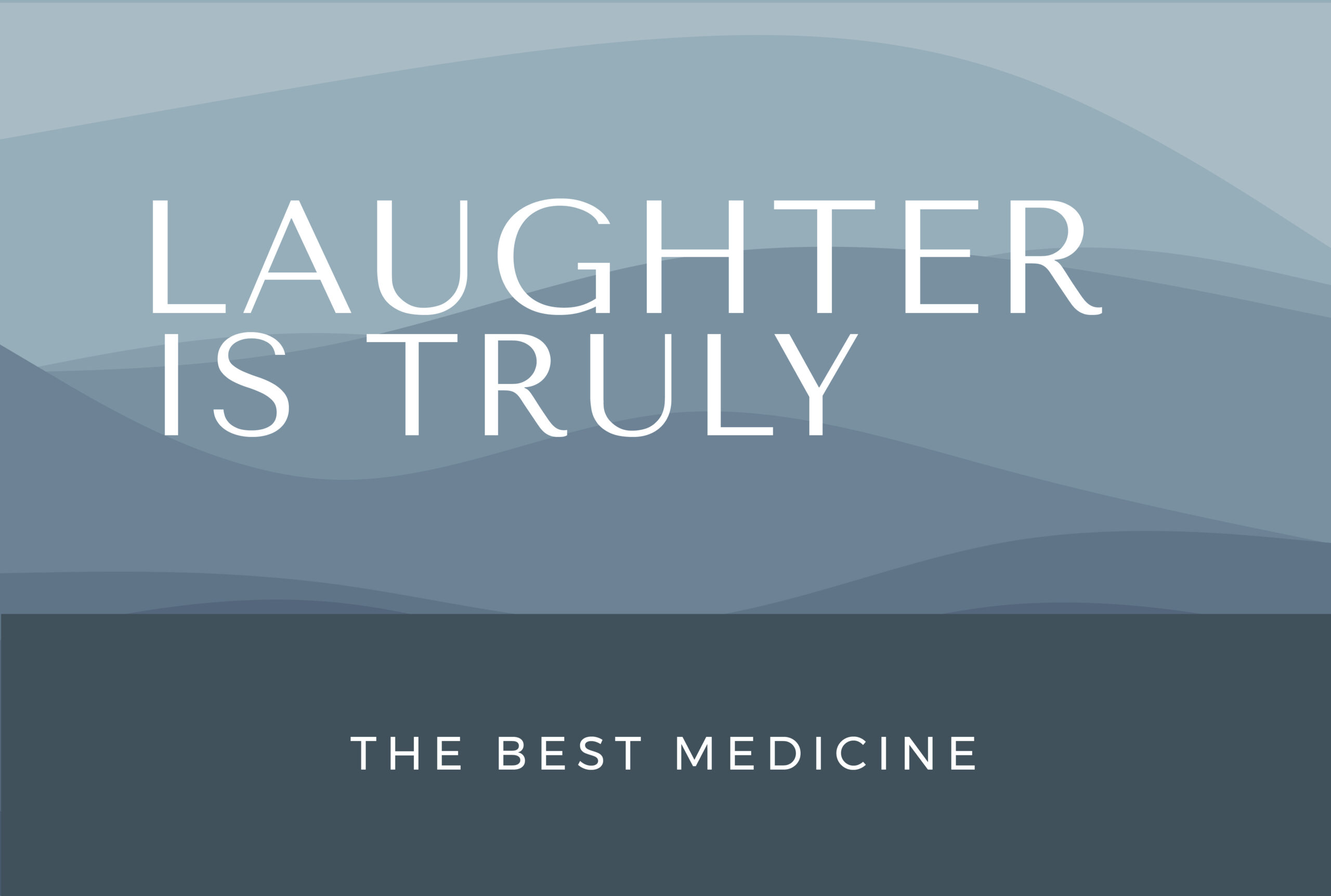
Laughter is Truly the Best Medicine
Inspired by this week’s Moms Making Six Figures Podcast with Sarah Cortez, founder of Business and Belly Laughs and the sales training program, The F* Word Makes All The Difference, who believes in the importance of laughter in every facet of our lives, from the carpool line to the corporate office.
If laughter is the best medicine, when was the last time you had your prescription filled? According to the National Institute of Mental Health, in late June of 2020 adults surveyed in the US reported the following: 31% of respondents reported symptoms of anxiety or depression, 13% reported having started or increased substance use, 26% reported stress-related symptoms, and 11% reported having serious thoughts of suicide in the past 30 days. Those numbers are nearly double the rates mental health providers would have expected before the pandemic, and those results are nearly three months old – they don’t take into account recent stressors like surges caused by the Delta variant, various mandates, the return to school or the workplace. The need for some levity and light in our lives is more than an idealistic whim, it’s a necessity for our mental health and wellness, our physical health, and our personal and professional growth.
Good for the Mind
The Psychology and Counseling Department at University of Western Alabama has dedicated research toward the connection between smiling and laughter, and mental health. They found evidence to support what most of know to be anecdotally true, laughter (and smiling) actually makes you happy because your body’s response is communicating to your brain, “Hey, look at that, I’m happy!”
Your body releases three hormones that make you feel good when you smile. They include dopamine, endorphins and serotonin. These hormones signal to your body, and then your body signals to your bain, that you’re happy, and in turn, you feel happier. According to Ron Gutman, author of Smile: The Astonishing Powers of a Simple Act, “British researchers found that one smile can generate the same level of brain stimulation as up to 2,000 bars of chocolate.”
Good for the Body
Frank Lipman, MD, and wellness practitioner, advocates for the adage that laughter is indeed medicine. His research proves that laughter has the following significant benefits for our health:
- Increasing the activity of T-cells, aka the “killer cells” that help our bodies fight viruses and tumors.
- Increasing blood flow and circulation, which helps speed healing.
- Decreasing blood pressure and cortisol levels.
- Reducing pain.
- Helping to stabilize blood sugar.
Lipman believes that, “It’s the ordinary things we do, on a daily basis, that have an extraordinary effect.” While laughter may seem like something we’re naturally disposed toward, we may need to be intentional about seeking it out to ensure its consistency. When life and our daily existence are filled with stressors from countless arenas beyond our control, we need to incorporate laughter as a daily practice, just as we would exercise, journaling, prayer, or meditation.
Good for Growth
Daniel Sgroi, an economics professor at the U.K.’s University of Warwick, conducted and co-published research on the correlation between happiness and career success back in 2015. His findings are just as relevant 6 years later, if not more so to help us navigate these unprecedented times, both personally and professionally. He explains, “people who are happy, work harder.” “So, it’s almost like being happy generates more time,” he said. A task that might take most of us an hour complete, would take an individual who is happy only 20 minutes—they are able to work harder, and they are more focused due to the regulation of their hormones, anxiety, and stress.
How to Become Intentional About the Art of Laughter
Neuroscientist Sabina Brennan suggests making a laughter stash that you can access daily to boost your mood. Make a playlist of your favorite comedians on Spotify, a favorites list of lighthearted shows and movies, and a YouTube playlist of funny videos. If you prepare your laughter stash, you’re more likely to access it, and you’re more likely to laugh as a result.
Doctor Lipman suggests making friends with funny people. After all, if we exist in an echo chamber of negativity, it’s hard to find even a glimmer of light. Everyone’s brand of humor is unique, but we all appreciate the gift of a funny friend in our innermost circle. Seek out the optimists with a flair for well-timed puns and finding the perfect memes.
Start and end your day with laughter; it sets the tone for the rest of your day and offers you a much-needed release with a healthy dose of perspective before drifting off to sleep. Consider tabling dramas or reality shows for the weekend when life is less stress inducing and opt for a sitcom or stand-up on the weeknights. Consider listening to a morning radio show alongside the news on your commute to stay informed without feeling entirely overwhelmed.
Whether you find it in an episode of Ted Lasso, in the antics of a child, or in the company of a dear friend, pursue laughter as intentionally as you do your to-do list and you’ll find yourself working through it more productively, with more optimism, and with better health. Cheers to free medicine and laugh lines, the mark of a life well spent.
“Laugh as much as possible, always laugh. It’s the sweetest thing one can do for oneself and one’s fellow human beings.” -Maya Angelou


Post a comment:
You must be logged in to post a comment.